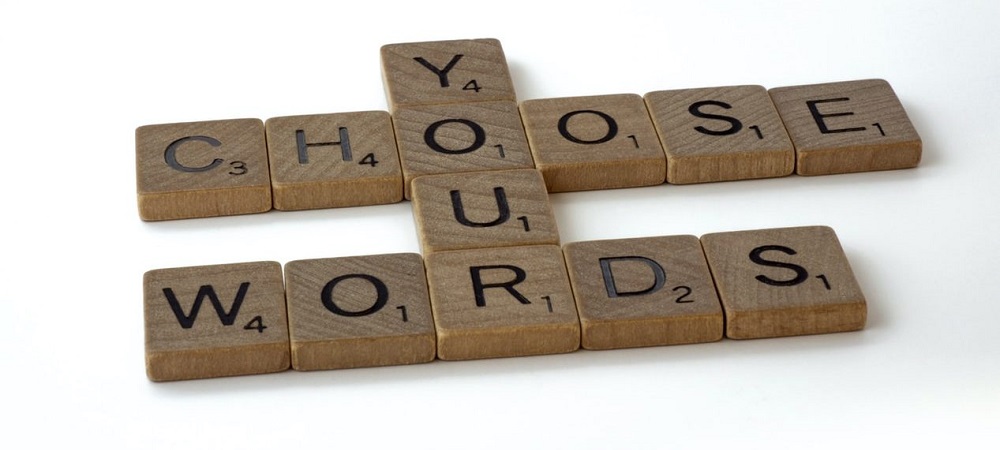Have you ever observed a teacher teaching and noticed how much the teacher talked vs. the student? Many teachers say that very often they have to stop themselves from talking too much and instead, work in deliberate ways to get students to talk more in the classroom. Some of them make the mistake of talking to their students through each moment of the class hour. This is due to the false belief that if a teacher provides continual guidance through reminding, cajoling, and micromanaging he or she will be more effective.
Too much talking will produce only the opposite effect. It conveys the wrong communication that you do not trust your students. It causes tension, distraction, and rebelliousness, and it lessens the meaning and impact of your words. On the other hand, being more selective about how often you speak to your students improves listening and attentiveness. It gives your words power and meaning. It helps you build trusting rapport with students.
Talking less does not mean that you are going to withhold help or support when your students really need it. It does not mean you will be aloof or standoffish. It does not mean you will ignore them. It just means that you are going to be more thoughtful about when and how you speak. This is a simple but powerful strategy that will have a profound effect on how your students respond to you.
It can be uncomfortable to watch kids struggling to find out an answer, but they need time and silence to work through it. Resist the urge to talk to students through every step of a problem and instead, just observe and give them time to think time. Letting them think instead of rushing into an answer builds anticipation around what is going to be said next. To struggle is a learning process. If we get comfortable with the struggle, our students will feel they have permission to struggle and will get more comfortable with it too.
Be always positive and understand that the student is feeling a bit upset about having difficulty. Use kind words such as; “maybe if you try it this way” or “you’ve almost got it, now try this.” Compliment the efforts that the student made and point out the things they did that were successful.
Instead of saying, “Nice work over here, I like the strategy you used for ……” ask the kids to recheck their work: “Tell me how you have chosen to solve …….” Instead of telling a child, “Take a look at this question or this answer is incorrect” say, “Would you tell me how did you get the answer?” Not only will these questions get kids talking instead of you, but kids will also have the chance to reflect on and articulate their learning.
Talking less can be tricky for us teachers and can take time to practise. But in the end, it is well worth it. Enjoy the silence, embrace the struggle, and empower our students!
Leave a Reply Cancel reply
WhatsApp us

